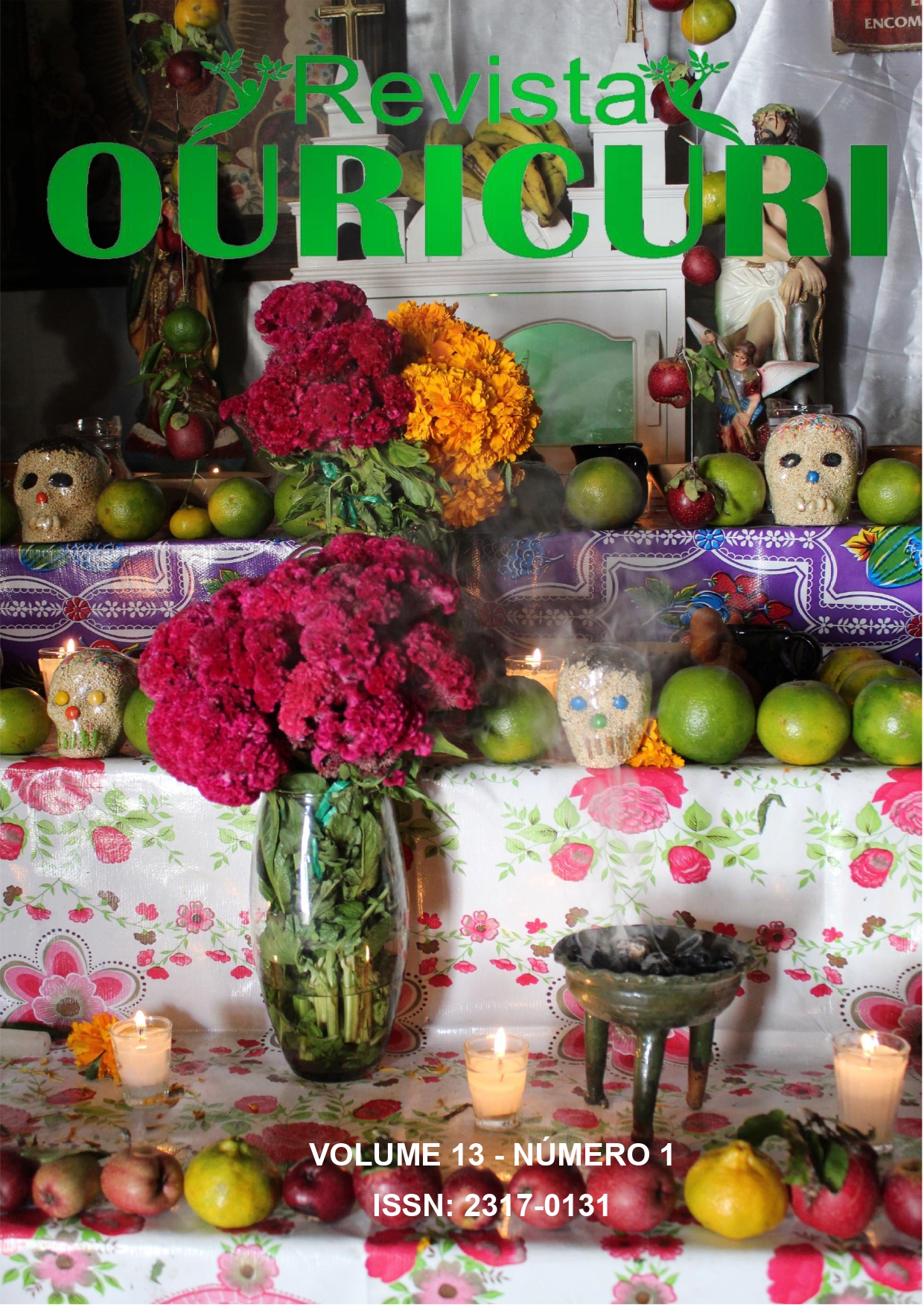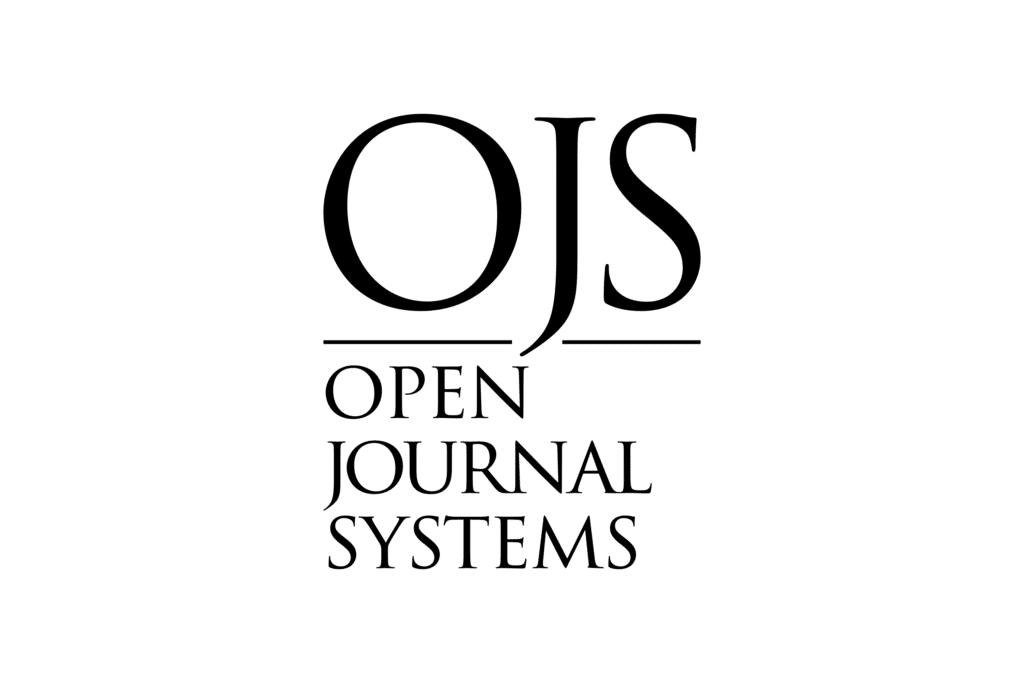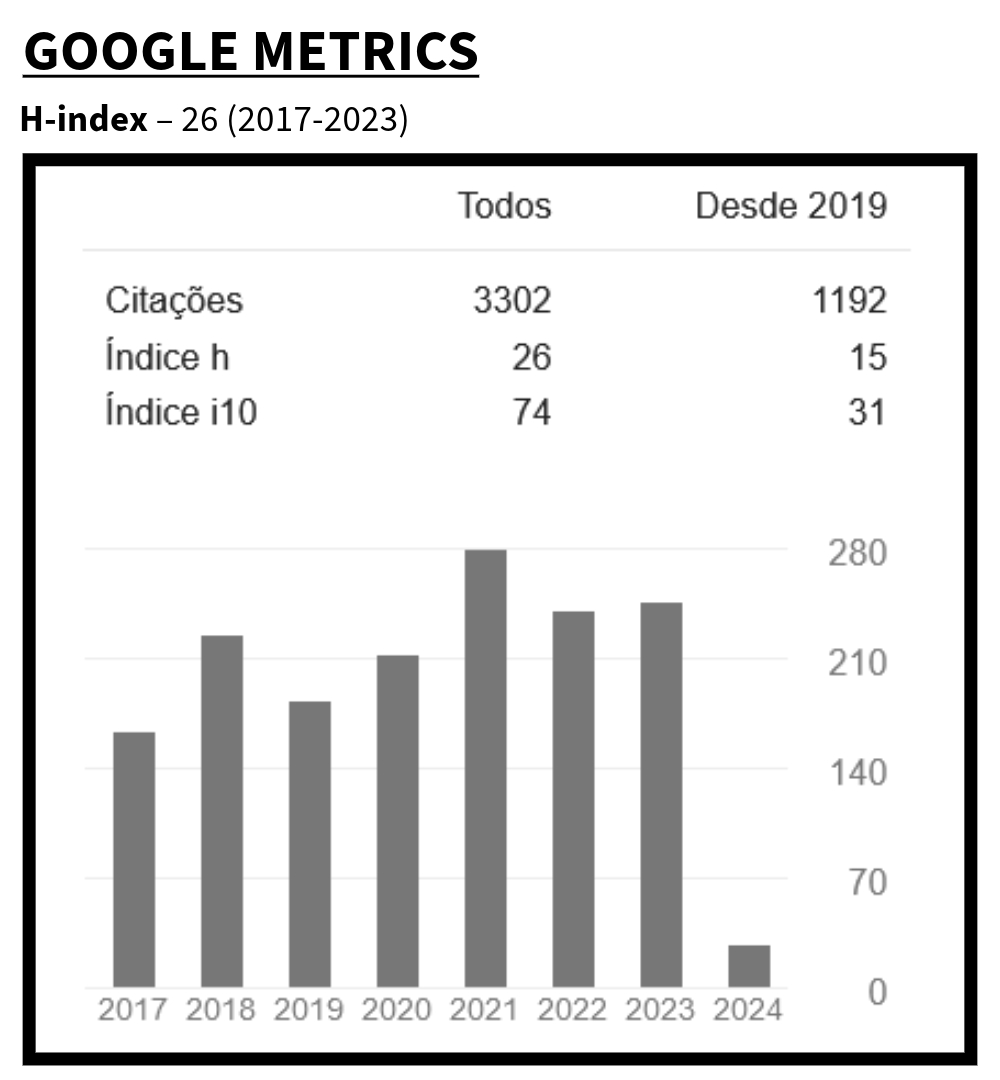ETHNOBOTANICAL KNOWLEDGE OF HEALING PLANTS IN A COMMUNITY IN NORTHERN ALAGOAS, NORTHEAST BRAZIL
DOI:
https://doi.org/10.59360/ouricuri.vol13.i1.a17051Keywords:
Local knowledge; Medicinal plants; Biocultural memory.Abstract
In popular medicine, many people seek ways to cure their illnesses using the knowledge of elders who recommend some plant for their treatment. This knowledge is mainly disseminated through the spoken word, which is responsible for the transmission of this knowledge through space and time as collective memory is an element of great importance to traditional peoples and communities. Thus, the aim of this research was to conduct a survey of the medicinal plants used by the inhabitants of the village of Lages, municipality of Porto de Pedras - AL, Northeast Brazil. From semi-structured questionnaires, data on the use of medicinal plants was collected. A total of 105 interviews were conducted: five with local experts and 100 with the general public. The specialists were between the ages of 55 and 86 years old and mentioned 84 plants. Among the general public, 87 women and 13 men were interviewed and they cited 105 plants. These plants are known both by the local experts and by the general population, with mothers and grandmothers being mainly responsible for the process of cultural transmission of knowledge about medicinal plants in the area, and there is a consensus of use among several of those plants.
Downloads
Downloads
Published
How to Cite
Issue
Section
License
Authors who publish in this journal agree to the following terms:
a) Authors maintain copyright and grant the magazine the right of first publication, with the work simultaneously licensed under the Creative Commons Attribution License which allows sharing of the work with recognition of authorship and initial publication in this magazine.
b) Authors are authorized to enter into additional contracts separately, for non-exclusive distribution of the version of the work published in this journal (e.g., publishing in an institutional repository or as a book chapter), with recognition of authorship and initial publication in this journal.
c) Authors are allowed and encouraged to publish and distribute their work online (e.g. in institutional repositories or on their personal page) as this can increase the impact and citation of the published work (See The Effect of Open Access).













 B1 (2017-2020)
B1 (2017-2020)



















